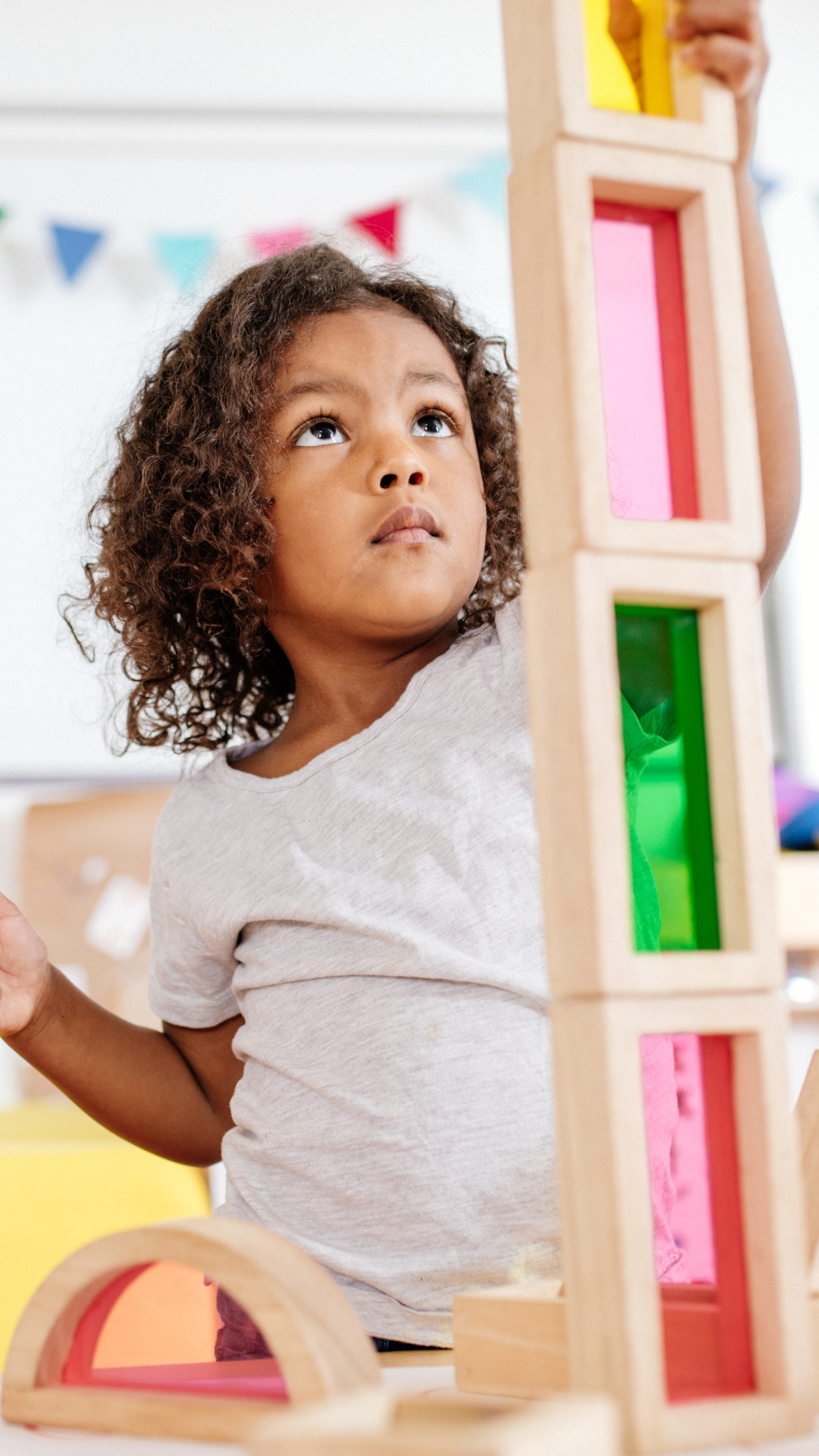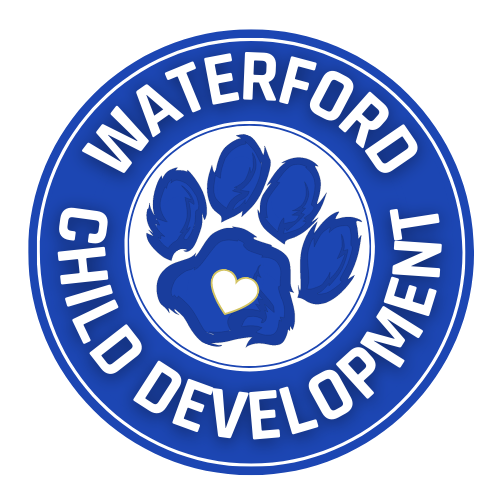
What We Do
The Early Head Start Infant and Toddler Program is designed to cater to children aged three and under, with a primary focus on delivering comprehensive child development and family support services to families in low-income situations.
While there are similarities to traditional preschool Head Start programs, Early Head Start is specifically tailored to meet the unique needs of infants and toddlers. These programs prioritize the physical, cognitive, social, and emotional development of these young children, providing them with a secure and developmentally enriched caregiving environment. This early intervention sets the stage for their continuous growth and eventual success in both school and life.
Following the broader Head Start model, Early Head Start programs empower parents, including both mothers and fathers, in their roles as primary caregivers and educators of their children. These programs assist families in achieving their personal goals and striving for self-sufficiency across various domains, such as securing stable housing, pursuing further education, and attaining financial stability. To foster family engagement and enhance their child's learning experience, these programs include regular home visits and opportunities for families to volunteer and participate in specialized activities.
Furthermore, Early Head Start programs actively collaborate with the local community to ensure access to the necessary resources and create a supportive environment that enables the delivery of a comprehensive, integrated suite of services and support for both children and families.
Call our office to learn more about enrolling into our Early Head Start Program: 209-874-3301
The Benefits of Early Head Start
The science of early childhood development tells us that when babies and toddlers grow up, their brains are super busy learning. For a whopping 36 months, their brains do a lot of growing, and that's when they learn how to think, talk, learn new things, and figure stuff out. All little ones, no matter where they come from, need good early learning experiences to help them get smarter and better with their feelings and friends. This way, they'll be ready to do well in school later on.
Early Head Start programs hold significant importance as they contribute to the cognitive and social development of infants and toddlers during their critical early years.
These programs prepare children for a successful school journey by imparting essential skills such as literacy, numeracy, and social interaction, ultimately narrowing the achievement gap.
A crucial aspect of Early Head Start is its emphasis on engaging parents actively in their child's education, nurturing strong parent-child relationships, and providing them with valuable tools and resources.
The programs prioritize children's well-being, offering regular health check-ups and ensuring they receive nutritious meals, promoting physical health.
Early Head Start also plays a pivotal role in fostering emotional resilience, empathy, and social skills in children, helping them navigate complex emotions and relationships.
Beyond child-focused activities, these programs offer comprehensive family support services, encompassing counseling, housing assistance, and job training to address the needs of the entire family unit.
Customized learning experiences are a hallmark of Early Head Start, tailoring curricula and assessments to cater to each child's unique needs and abilities.
Embracing diversity and inclusivity, these programs celebrate various cultures and backgrounds, promoting cultural awareness and respecting the unique identities of children and families.
Early Head Start actively engages with the community, connecting families with local resources and services, thus creating a supportive network for parents and caregivers.
Extensive research demonstrates that participation in Early Head Start programs yields lasting positive impacts on children's academic, social, and economic outcomes, benefiting both individual participants and society as a whole.

